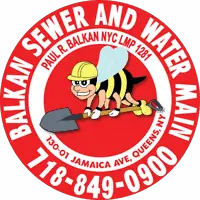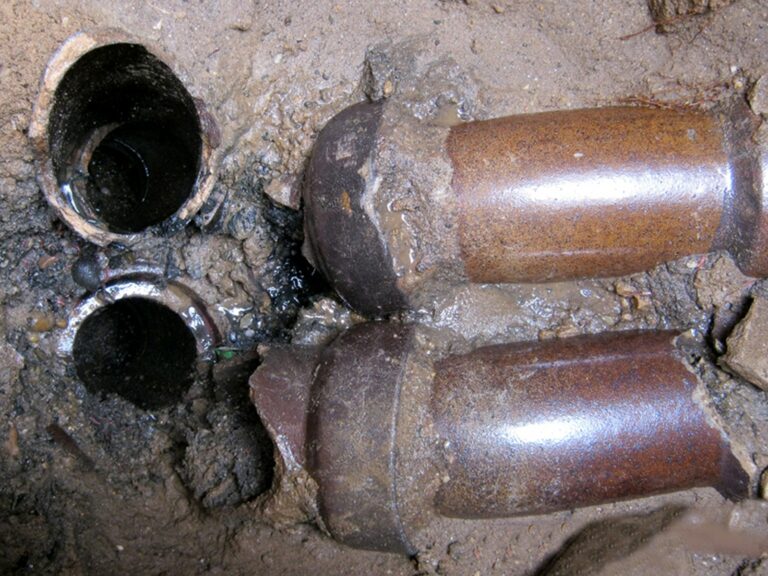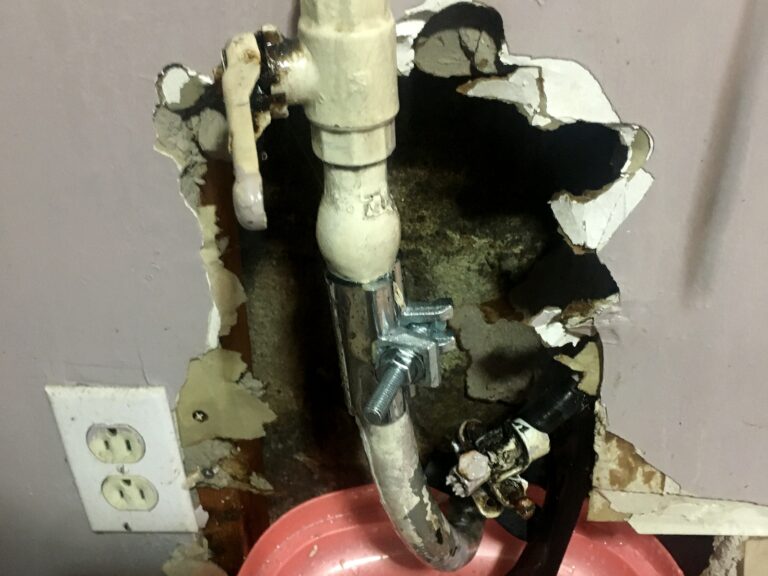New York, USA (MAY 14th 2010) FOR IMMEDIATE RELEASE:
RESPONSE TO INTRODUCTION 62 OF 2010
ON BEHALF OF THE SUBSURFACE PLUMBERSASSOCIATION OF N.Y.C. INC. In what appears to be an attempt to alleviate a financial burden on some property owners in the former Jamaica water territory of having to maintain their own water services, some members of the City Council have sponsored Introduction 62 of 2010. While this legislation is still in committee, the Subsurface Plumbers Association would like to comment on the proposed legislation. Introduction 62 if enacted into Local Law relates to the repair of leaks occurring in certain portions of service pipes by the Department of Environmental Protection (“DEP”). Presently throughout NYC property owners are responsible to maintain their water services, as they are to maintain all other plumbing pertaining to their properties. It outlines that certain repairs identified by DEP would be repaired by DEP or its designee. The following points are a summary from the proposed legislation followed by the Subsurface Plumbers Association comment. A DEP “test” to determine the point of a leak: Determining the location or point of a leak can cost more than actual repairs. Running water seeks the path of least resistance and can have little bearing on determining the point of the leak. DEP turning off a tap and hiring a contractor within 3-days: A property owner cannot be out of service for 3-days while a DEP bureaucracy, not yet formed, determines a contractor to perform repairs through a not-yet-developed process. Further, as written the excavation is to remain open for the 3-day period creating a dangerous condition and liability exposure for all concerned parties. If the property owner hires their own contractor they are to receive reimbursement within 45-days from an unnamed entity with interest accruing after the 45-day period. Presently the Comptrollers Office typically takes up to a year, or longer, to reimburse property owners for 3-day notices issued in error. Intro. 62 makes the property line the determining point of who is responsible for repairs. This poses at least three major issues:
- Water services are typically installed as one continuous length of copper with no joints. There is no reason to have a joint/connection at the property line; it makes for a poor installation.
- The NYC DEP forbids repairs on undersized services of any material, and all lead or galvanized water services.
- The NYC DEP mandates that when 50% or more of a water service is replaced that the entire water service must be replaced.
If the defect exists within the property line, the owner shall be responsible for repairs. Again the excavation is to remain open, with all inherent liabilities and dangers. All work is predicated on the DEP performing work at each property that has a leak to close the tap connection for the affected service. This is work that the DEP now only performs sporadically, and does not have the personnel to perform on a regular basis. Intro. 62 does not mention that the DEP fee for closing a tap is $500 to the property owner. A $500 bill that under Intro. 62 would become routine and extraordinary to property owners. This does not cover the actual DEP costs incurred. A lose, lose for everyone. DEP in-house personnel performing the work: Intro. 62 states that “if DEP lacks sufficient licensed plumbers in-house”, they shall have a list of pre-qualified licensed plumbers. Presently the DEP has barely enough in-house personnel to perform their usual scope of duties. With the present economic climate that situation is not likely to improve; actually severe staff lay-offs are expected. A key-point is that any licensed plumber working under a City contract will now be forced to pay their field personnel at a prevailing rate of pay, thereby greatly increasing the cost of any and all work. Summary: The intent of this legislation is to subsidize and/or provide relief to homeowners within the former Jamaica Water territory. The result will have little to do with the intent. The majority of funds will be spent on properties in Manhattan who rarely have a front property (area between the front of a building and the property line).
Twelve Reasons to Say No To Intro. 62:
- Higher cost of performing the work (estimated at hundreds of millions of dollars)
- Higher cost of determining responsibility (estimated at hundreds of millions of dollars)
- Higher cost of overseeing the work (estimated at hundreds of millions of dollars)
- General liability claims (estimated at hundreds of millions of dollars)
- Property damage claims (estimated at hundreds of millions of dollars)
- Poorer service for property owners.
- Large sums of money spent subsidized unintended recipients- Manhattan property owners.
- An industry of 100’s of locally employed workers being displaced.
- Requirement of forming a new bureaucracy.
- Millions of dollars in lost revenue to NYC generated from permit fees.
- If NYC takes over responsibility for water services they likewise take over responsibility for existing lead water services. This responsibility includes inherent liabilities such as health related lawsuits (possibly a class action lawsuit) and mandatory replacement regardless if there is a leak or not.
- Intro. 62 violates existing NYC DEP code.
A Simple Solution: Since complete all-inclusive water service replacements in the outer Boroughs have a median price of substantially less than $3,000 (less than a boiler, less than the cost of a roof), a source of lost cost financing or subsidized funding is the simple answer. A City take-over of this service will easily quadruple costs at a minimum. There is no need to reinvent the wheel, which would include a complete new City bureaucracy and bid-letting process.
About The Subsurface Plumbers Association
The Subsurface Plumbers Association consists of licensed plumbing firms specializing in the performance of sewer and water main replacements, repairs, upgrades, and all other associated underground plumbing work. The S.P.A keeps its Membership up to date on all current and pending government rules, codes and legislation. In addition the S.P.A. provides a forum to keep abreast of new industry developments such installation methods and job-site safety issues.






